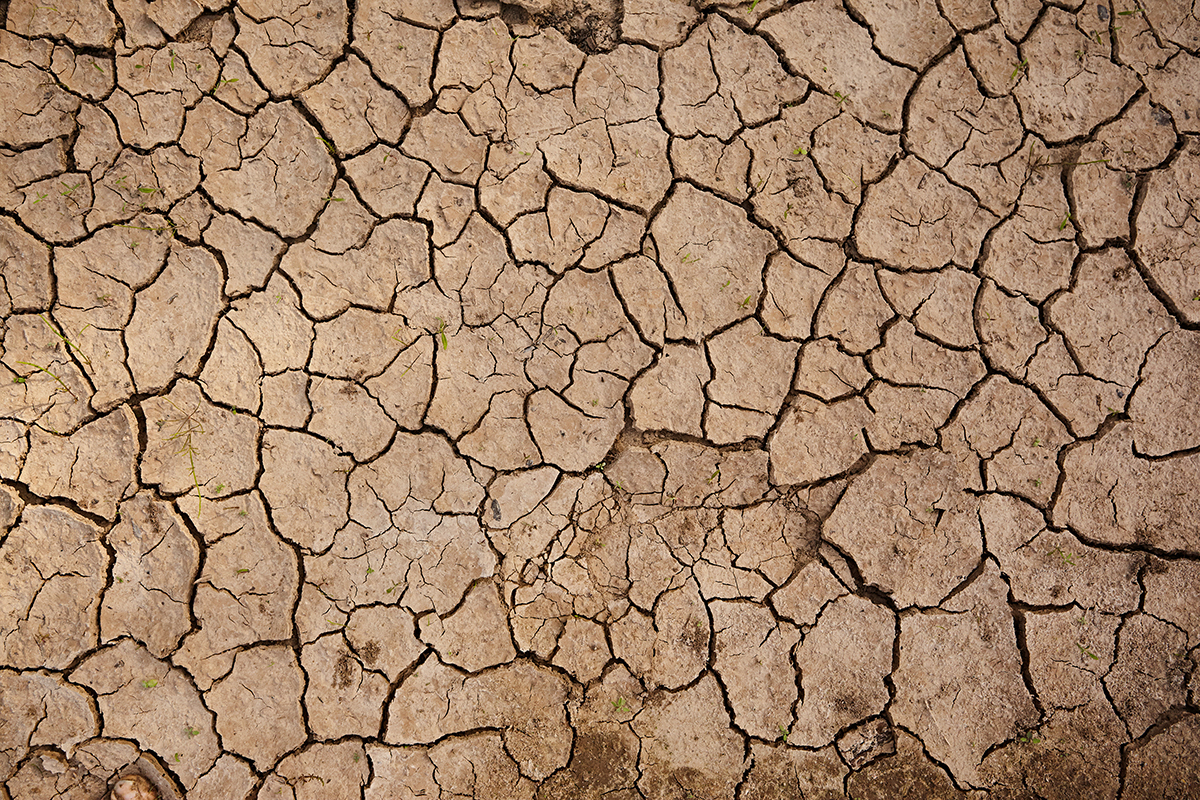Mayotte, a French territory off the coast of Africa, is enduring a severe water crisis, exemplifying the stark reality of climate change and underinvestment. The island, the poorest within the European Union, faces water scarcity with taps running intermittently—one day out of three—due to a prolonged drought and years of mismanagement. Racha Mousdikoudine, a local mother, symbolizes the struggle as she balances daily chores with a limited water supply, stating, “I have to choose between taking a shower or preserving my water supply.” The crisis is intensifying with the resurgence of waterborne diseases like cholera and typhoid, prompting military intervention to distribute water and manage tensions.
In a stark reminder of climate change’s far-reaching impact, Mayotte’s predicament has ignited a protest movement for sustainable water solutions and accountability. Despite government promises and the hope placed on the forthcoming rainy season, residents remain skeptical, having endured empty pledges and failed initiatives. The disparity in Mayotte is acute, with the majority Black population, many migrants from the Comoros, bearing the brunt of the crisis. Comparisons to neighbouring Comoros, which benefits from a substantial water management project, highlight the inequality and the strained relationship between France and its overseas territories.
As Mayotte grapples with its driest year since 1997 and a water system incapable of meeting local needs, the central government proposes emergency measures. But with a history of delayed projects and mistrust, residents fear these efforts may be too little, too late. While affluent households can afford personal water tanks, most residents living below the poverty line cannot. They face a daily struggle for survival, with escalating health risks and food insecurity.
Mayotte’s water crisis is a clarion call to the French government and the world. It underscores the urgency of addressing human-caused climate change and investing in sustainable infrastructure, particularly in marginalized communities. As Racha Mousdikoudine and the “Mayotte is Thirsty” movement emphasize, this global issue demands immediate action and solidarity. The plight of Mayotte is not just a local issue—it reflects a global challenge that requires a concerted, inclusive, and long-term response.







